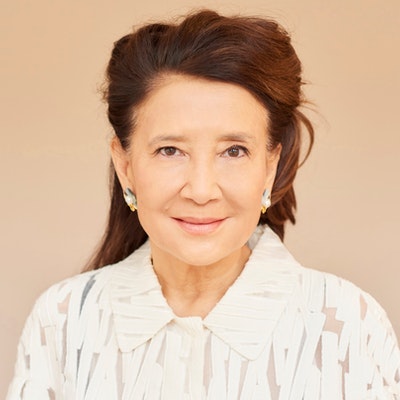

These polished daughters of an American-educated Methodist businessman, and one of the most devoted early backers of Sun, were educated in America. I set out to know more, and only through my research do I know how much injustice there is in history, how unfair history is I never set out to prove that received wisdom is wrong or unjust. They caught my imagination in a way Sun Yat-Sen couldn’t.” How affectionate they were, but how they were torn apart by antagonistic political camps. In the meantime his wife Ching-ling and her sisters were in the same political environment but their lives and emotions were richer and more complex, as was the relationship between them. And who made more difference to the course of 20th century China than Sun Yat-Sen, the so-called Father of the Republic? But I found him so single-minded in his political ambition that I got bored of him. “After Cixi, I wanted to write about another programme setter. In her book about the Dowager Empress Cixi, Chang cast her subject in a favourable light and was urged by Chinese authorities to amend it. For the gargantuan Mao: The Unknown Story, she and her co-author, husband Jon Halliday, conducted hundreds of interviews in China that put her at risk of deportation. Since then Chang has written fearless books that offer challenges to received wisdom about some of the most important Chinese figures.

It became the most successful work of nonfiction ever published. Sisters Soong Ei-ling (1888-1973), Soong Ching-ling (1893-1981) and Soong May-ling (1897-2003) came to be known disparagingly as the “Soong Dynasty”, and their lives, triumphs, relationships, and hardships were so entangled with every twist of modern Chinese history as to tell its story.Ĭhang moved from China to the UK in 1978, and in 1992 published the international sensation Wild Swans about three generations of women in her family during specific moments of political upheaval.

For almost a century after the fall of the monarchy there was one family who was close to power, and they exerted it from both Nationalist and Communist sides of the political divide. “From my experience of dealing with historical figures,” the bestselling historian and author Jung Chang tells me in the London offices of her publisher, “the facts are often surprising, even counterintuitive”. But none of the above is as clear-cut, perhaps, as it might seem. The imperial dynastic rule of China was overthrown in 1912, and it is natural to see the country’s modern history as defined by a series of strongmen from opposing political camps.


 0 kommentar(er)
0 kommentar(er)
